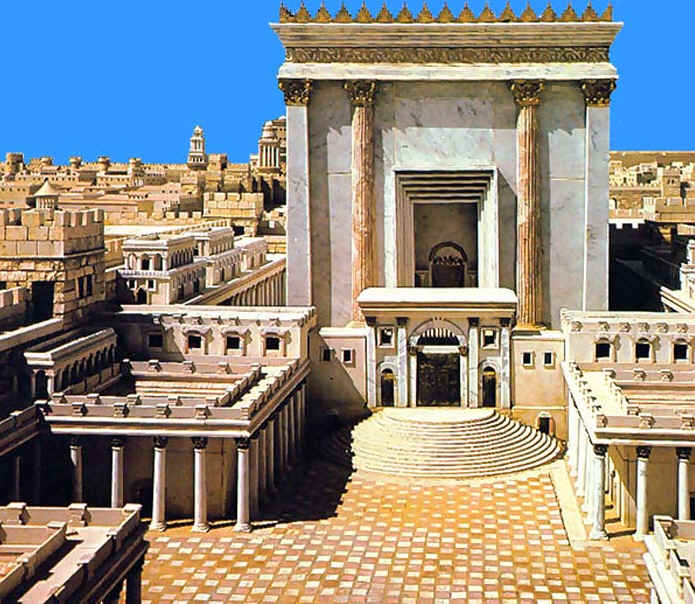Our reading this week begins with Hashem’s instruction to Moshe to “take for Me an offering” (Ex. 25:2).
The Yalkut asks, as King David wrote in Tehillim (Psalms), “to Hashem is the land and all its fullness” (24:1). Hashem doesn’t need anything from us, He already owns it all. So why, then, does He command that we give offerings? The question is strengthened because the Israelites were not told to “give to Me an offering,” but rather to “take for Me.”
The point is that Hashem does not need to receive our offerings; rather, we need to give them. Per the commandment, we take, we acquire, when we give.
Rashi explains that there are three types of gifts that were all part of this instruction. One was a donation “by the head,” for the Adanim, the sockets that held the Tabernacle together. The second was the annual donation into the fund from which the daily offerings were purchased, which was also “by the head.” And then, finally, this included the gifts to build the rest of the Tabernacle, which were voluntary donations based upon what the donor could give and had in his heart to give.
Two out of these three gifts were mandatory, and limited to a fixed amount “by the head.” Everyone was equal for those foundational gifts, and the wealthy had the opportunity to give more after that.
A great deal is said about the spiritual benefits of giving charity, how the person giving to the Tabernacle was indeed “taking” for himself. But the benefits are more practical as well.
Think about the way you enter a house in which you are a guest, versus the place you call home. Ownership brings with it a feeling of comfort, and relaxation.
The Holy Temple was great, majestic, and imposing. It was quite justifiably frightening to enter. But at the same time, every person could see the Cohanim going about their work, bringing the holy offerings, and realize that they owned, in some small measure, those daily gifts. They were owned by the entirety of Israel, of course, but each individual knew that his half shekel gift helped the Temple to function.
This year of mourning my father’s passing has helped me realize the value of ownership in a shul (synagogue). In “my” shul I know I am likely to be able to lead the service (as is customary during this year, or eleven months of it). I am comfortable because I know the nusach (order of prayer) that they use, what extra prayers are said, and how slowly or quickly they expect me to go. But, more than that, I know that my participation helps the shul to function, and it is, to whatever small extent, “mine.” I’m not a guest, I’m a participant. And that, of course, also translates to a greater feeling of responsibility to maintain and improve it.
That is why Hashem wanted each and every Jew to participate in the Tabernacle and the offerings, to have that feeling of belonging. By giving to shuls, schools, and Torah projects, you take a part in all of the praying and learning that results. It’s not just that we belong to shuls, to organizations, to Torah learning (such as Torah.org!), but that through our gifts, they belong to us, and we feel what is already true: that we are part of something greater than ourselves, and a key part all the same.




